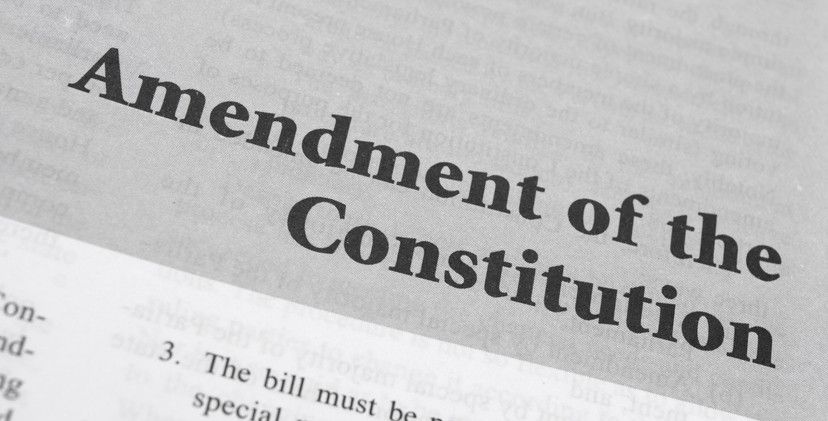At O’Brien & Eggleston PLLC, our Albany criminal defense attorneys know how important our clients’ constitutional rights are to their cases and the New York and U.S. legal systems.
While each right is essential, one we are asked about often is the Fourth Amendment, typically shortened to the right against illegal search and seizure. Here, our Albany County defense lawyers explain what that means.

What is the Fourth Amendment of the Constitution?
The Fourth Amendment of the U.S. Constitution says:
“The right of the people to be secure in their persons, houses, papers, and effects, against unreasonable searches and seizures, shall not be violated, and no Warrants shall issue, but upon probable cause, supported by Oath or affirmation, and particularly describing the place to be searched, and the persons or things to be seized.”
Key Reasons the Fourth Amendment is Crucial in Protecting Individuals From Illegal Searches and Seizures
The Fourth Amendment is rooted in the protection of individuals’ privacy. It recognizes the right of people to be secure in their persons, homes, and belongings, safeguarding against unwarranted government intrusion into private spaces.
It also provides:
- Checks on Government Power
The Fourth Amendment acts as a check on the power of law enforcement and government authorities. It ensures that officials cannot conduct searches or seizures arbitrarily or without cause, preventing abuse of power and protecting individuals from overreach.
- Probable Cause Requirement
The amendment requires that searches and seizures be based on probable cause, meaning there must be a reasonable belief that a crime has been committed or is about to be committed. This requirement sets a standard that limits arbitrary actions by law enforcement.
In most cases, the Fourth Amendment mandates that searches and seizures be conducted with a warrant issued by a neutral and detached magistrate. This warrant must be based on probable cause and specify the place to be searched and the items or individuals to be seized. The warrant requirement adds a layer of protection against unjustified intrusions.
The exclusionary rule reinforces the Fourth Amendment’s protections, which states that evidence obtained in violation of the Fourth Amendment is generally inadmissible in court. This is a deterrent, discouraging law enforcement from conducting illegal searches and seizures.
- Balancing Individual Rights and Public Safety
The Fourth Amendment recognizes the delicate balance between protecting individual rights and ensuring public safety. While law enforcement has a legitimate interest in preventing and solving crimes, this interest must be balanced with the constitutional rights of individuals.
- Preserving Trust in the Legal System
Upholding the Fourth Amendment helps maintain trust in the legal system by ensuring that law enforcement operates within the bounds of the Constitution. This trust is essential for a fair and just criminal justice system.
Contact Our Dedicated Criminal Defense Attorneys for Help
If you believe your constitutional rights have been violated in New York, contact our Albany criminal defense attorneys at O’Brien & Eggleston PLLC today by calling (518)-391-2369 or online to schedule your initial appointment. We have a strong track record of producing real results for our clients. See how we can pursue a positive outcome for your case.





